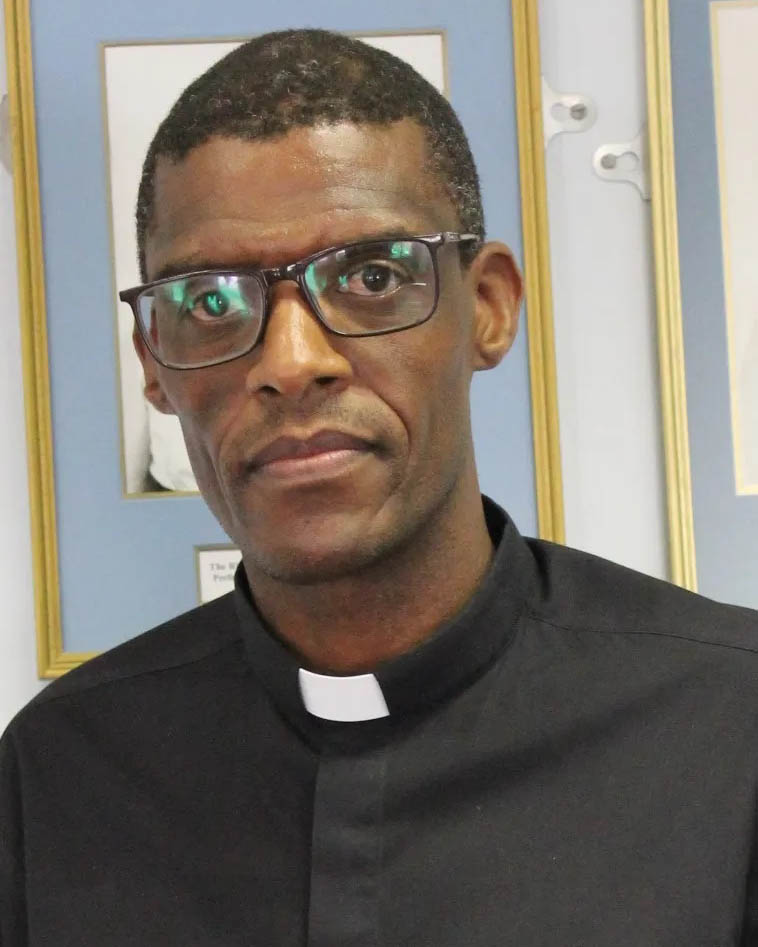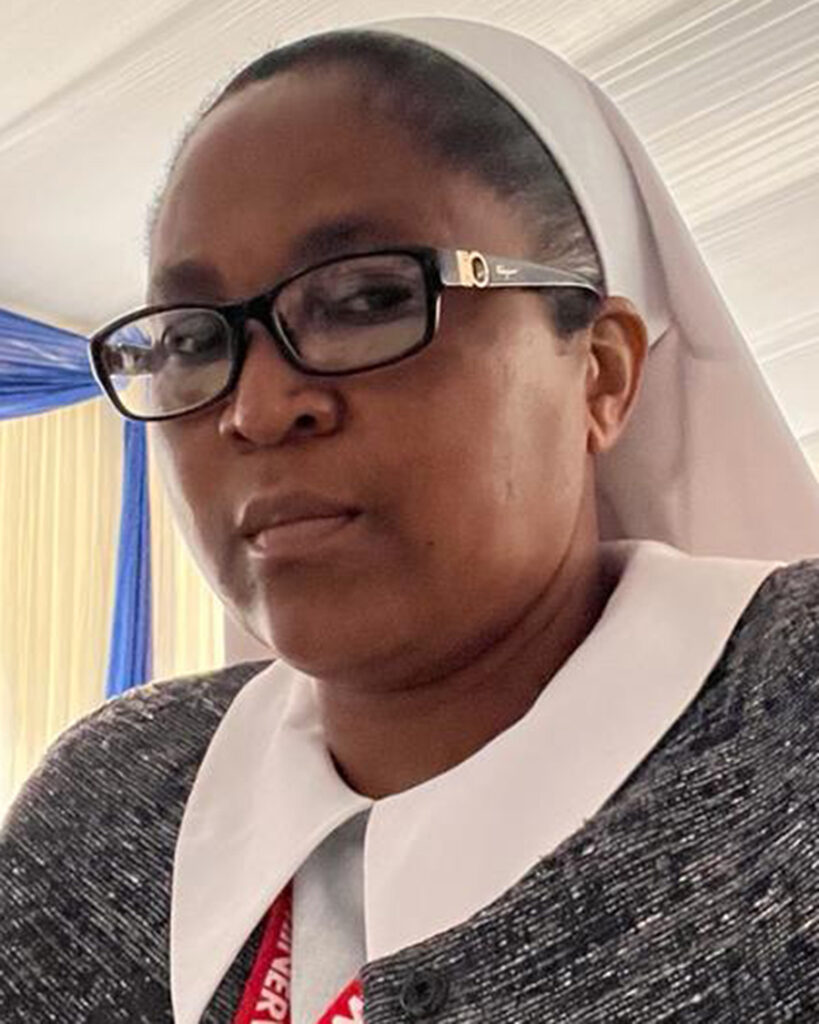Fr. Tryvis Moyo
Secretary General
Fr. Moyo was born in 1975 in Bulawayo where he also went to school before joining the Redemptorists in 1996. He did his novitiate in Ibadan, Nigeria, made his first profession in 2001 and final profession in 2004. He was ordained to the priesthood in April 2005 at St. Adolph Ludigo parish in Magwegwe, Bulawayo.
Fr. Moyo holds a Masters Degree in Systematic Theology and has a vast experience in pastoral work, formation, and leadership. He is currently a Councillor of the Redemptorist Conference of Africa and Madagascar (COREAM).
Fr. Mgcini Joseph Moyo
Deputy Secretary General
The Deputy Secretary General Fr. Mgcini Moyo is a seasoned administrator , formator and counsellor having been the Provincial Commissary for the Carmelites in Zimbabwe for two terms as well as serving as a formator of aspiring Carmelites.
He deputisises the Secretary General in the day to day running of the Secretariat as well being national director for the Pontifical Mission Societies. He also coordinates programming for ZCBC Commissions as well as being team leader for emergency response , disaster and risk reduction for the Church in Zimbabwe.
Sr. Angela Mugwenhi
Finance Manager
The Finance Manager, Sr. Angela Mugwenhi SJI has extensive experience of two decades in the private sector (financial services) as well as development arena. A holder of business degrees to post-graduate level, she provides the necessary support in the finance function.
As the team leader of competent finance officers, she ensures that the coordinating role of commissions is realised by availing, accounting and advising in proper financial management.



